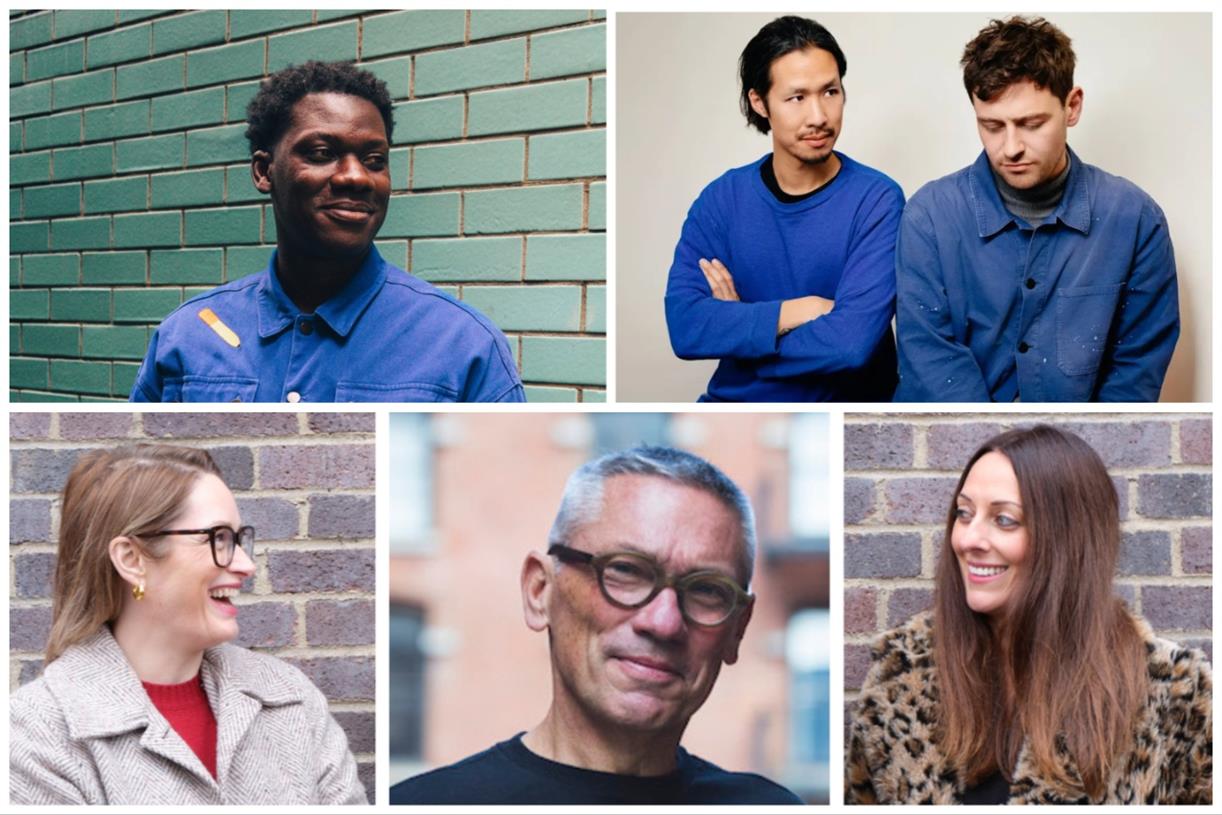Navigating a New Landscape in Fashion
In the wake of the Trump era, brands, retailers, and their employees in the fashion industry are re-evaluating their approach to diversity, equity, and inclusion (DEI) initiatives. Interestingly, this shift often leads to a deliberate avoidance of the term 'DEI' itself.
 In January, Target quickly became the face of corporate America’s post-Trump-inauguration DEI rollback. (Shutterstock)
In January, Target quickly became the face of corporate America’s post-Trump-inauguration DEI rollback. (Shutterstock)
Under the leadership of CEO Francesca Bellettini and designer Anthony Vaccarello, Saint Laurent has seen remarkable growth, more than doubling its sales within five years and is projected to exceed $3 billion in revenue by 2022.
The Shift in Perspective
This evolving narrative highlights a strategic pivot within the industry, where the focus is not just on terminology but on the substance of inclusion and the impact it has on brand identity and consumer engagement. As the fashion world adapts to societal changes, the conversation around diversity is becoming more nuanced, with a growing emphasis on authenticity and measurable outcomes rather than just fulfilling a checklist.
Key Takeaways
- The fashion industry is reconsidering its approach to DEI initiatives in light of recent socio-political changes.
- Brands like Saint Laurent are achieving significant growth while navigating these complexities.
- The focus is shifting from terminology to genuine inclusion and its effects on brand perception.
© 2025 The Business of Fashion. All rights reserved. For more information read our Terms & Conditions






Comments
Join Our Community
Sign up to share your thoughts, engage with others, and become part of our growing community.
No comments yet
Be the first to share your thoughts and start the conversation!